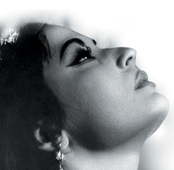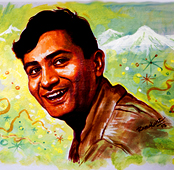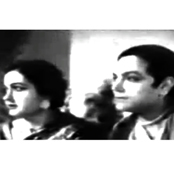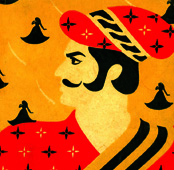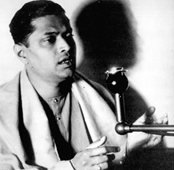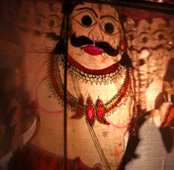-
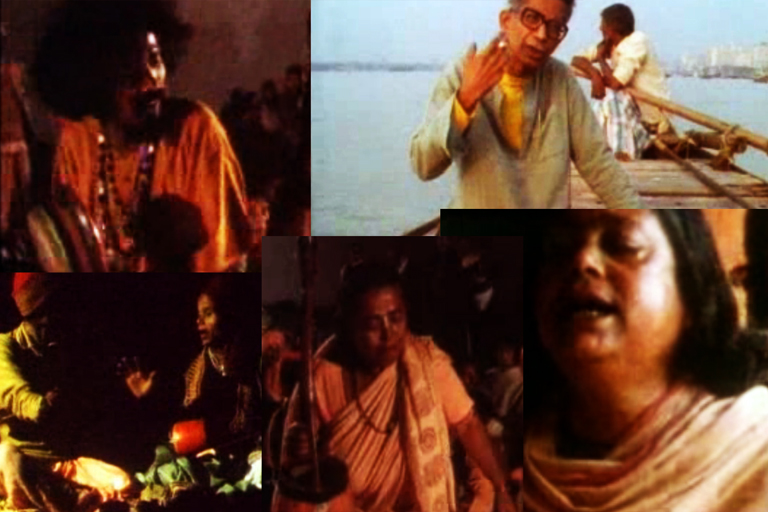 A collage of screenshots from '11 Miles: A Diary of Journeys', directed by Ruchir Joshi.
A collage of screenshots from '11 Miles: A Diary of Journeys', directed by Ruchir Joshi.
TBIP’s documentary film recommendation
Most films about folk traditions carry a handloomy sense of worthiness, the smell of middle class stodginess desperately trying to gain some cool by association, some elite status by the recognition of artistic traditions which are both austere and lush in their commitment. While the folk traditions themselves could set our souls free, the same cannot usually be said of the solemn films made about these traditions.
If you hate that kind of film then you need to have your faith reaffirmed by watching Ruchir Joshi’s 1992 documentary 11 Miles: A Diary of Journeys. This film about the Bauls is made with great artistic exuberance, a visual sureness, an energetic beauty and a questing heart. A fabulous opening sequence sets the tone of the film— a minstrel sings through the Calcutta streets, before walls plastered with film posters, over pylons and half built flyovers, his song coming in and out of the traffic, the night a geometric pattern of dark and sulphur yellow lights, flagging off a journey of stories, songs and conversations with Bauls. The first person voice-over meditates on their ideas of samadhi and desire, walls and lines, freedom, art, life and the need to disturb those who are too much at ease with their own ideas, free associating with thoughts about Ghatak, Dylan, Machado and observations about shots the filmmaker ‘sees’ . Perhaps the most marvelous thing about this film is the way its form makes the tradition present, films it with a personal eye, not a formulaic one so that the baul who blow dries his hair lives in the same film as the baul in the manicoloured robes with the pahuncha hua demeanour and one landscape holds deep blue ponds and zigzags on asphalt, arid expanses and TV towers.
11 Miles… is a mast, must-see documentary, whose essay style, unburdened by pedantic definitions of high and low art, popular and folk, anthropological and experimental, expresses itself with an intellectual independence and clarity that the documentary form at its best is capable of. At two and a half hours some may consider it a bit self-indulgent, but I’ll take that over self-aggrandizing any day.
Short, selected clips from the documentary are available to view online on the website of The Travelling Archive project http://thetravellingarchive.org/related_research_ruchir.php
For Real
SpecialsOctober 2012
 By Paromita Vohra
By Paromita Vohra
Paromita Vohra is an award-winning filmmaker and writer whose work focuses on feminism, urban life, love and popular culture. Her documentaries as director are Partners in Crime, Morality TV and the Loving Jehad, Q2P, Where’s Sandra, Work in Progress, Cosmopolis: Two Tales of a City, Unlimited Girls, A Woman’s Place andAnnapurna. She has also written the internationally acclaimed film Khamosh Pani (Silent Waters) and several documentaries. Her fiction and non-fiction have been published in anthologies Mumbai Noir, Bombay, Meri Jaan, Electric Feather, Recess: The Penguin Book of Schooldays, Defending Our Dreams, First Proof and the journals Signs, South Asian Journal of Popular Culture, Bioscope and Mumbai Reader. She teaches writing for film as visiting faculty in several universities around the world and writes a popular newspaper column in Sunday Mid-day.





